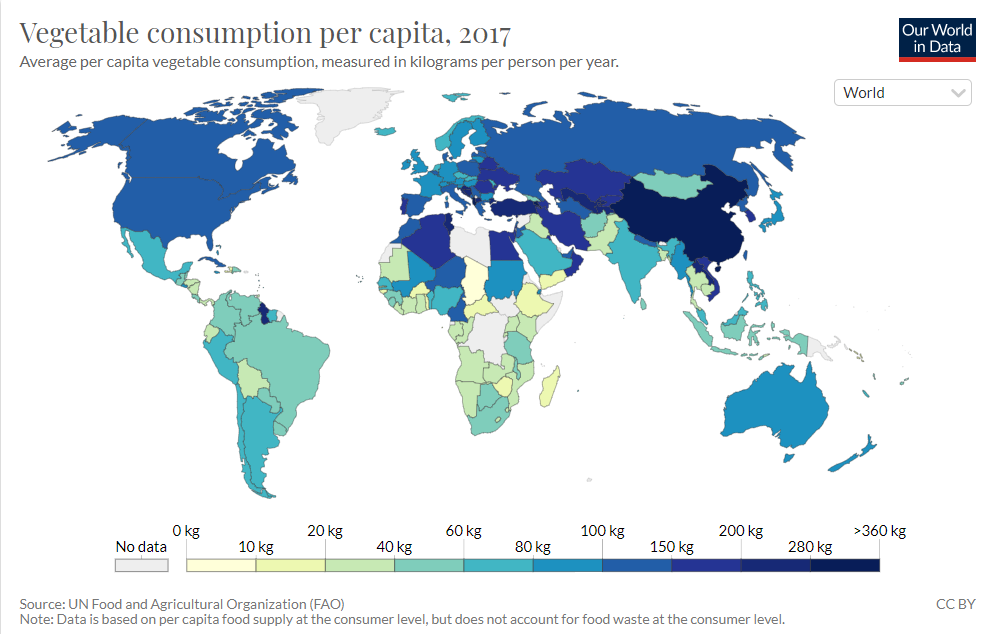The fastest path to becoming a CEO
By The English Farm, September 06 2022According to the Harvard Business Review (HBR), common wisdom says that CEOs attend elite MBA programs, land high-powered jobs right out of school at prestigious firms, and climb the ladder straight to the top while carefully avoiding risky moves.
However, HBR conducted a 10-year study in which they assembled a dataset of more than 17,000 C-suite executive assessments to analyze who gets to the top and how. They discovered a striking finding: sprinters—those who rise quickly—accelerate to the top by making bold, at times risky, career moves.
The study found that a few types of career "catapults" were common among the sprinters, and 97% undertook at least one of these experiences. First, over 60% of sprinters have taken a smaller role early in their career. Then, more than one-third catapulted to the top by making “the big leap,” often in the first decade of their careers.




